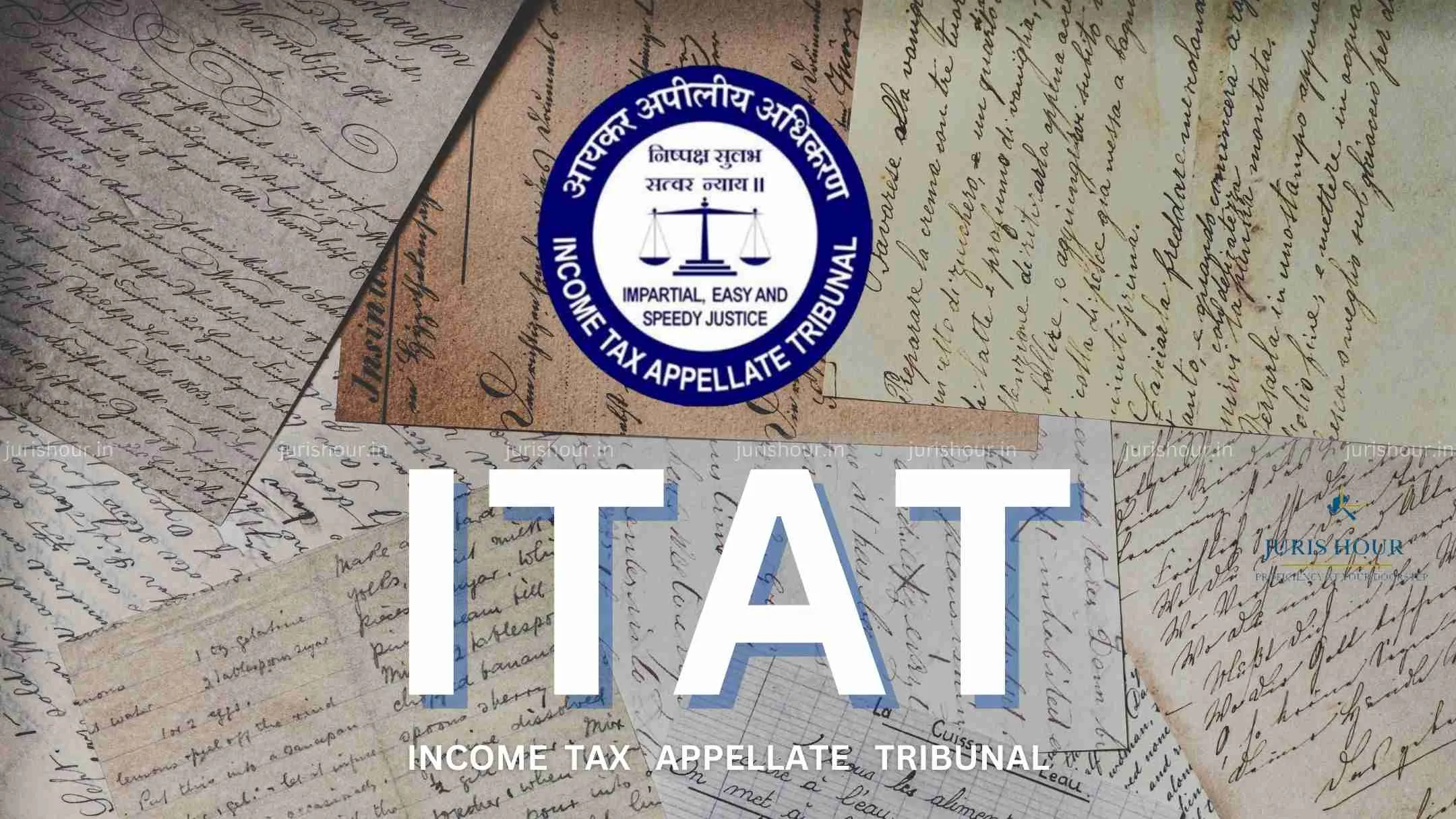The Delhi High Court deleted the Income Tax addition on perquisite value of shares granted under employees stock purchase scheme.
The bench opined that in light of the restriction with respect to marketability and tradability of the stock in question, the FMV could not have been recognized to exceed the face value of the shares and thus the determinative being INR 15/-.
The court stated that the Valuation Report, was at best a medium adopted by the employer in order to broadly ascertain its obligations for the purposes of withholding tax. The same could not have consequently been taken into consideration for the purposes of FMV.
“The decision in Infosys Technologies assumes added significance since the allotted shares which formed subject matter of those proceedings were also subject to a lock-in restriction. The Supreme Court took note of the fact that undisputedly during the lock-in period, the custody of the shares remained with the Trust and the shares themselves were non-transferable. It was while dealing with the aforesaid controversy that the Supreme Court was called upon to examine whether the AO was justified in taking the market value of the shares into consideration. The significance of the lock-in period was explained by the Supreme Court to mean that during the said period the share would have no realizable value nor would it be possible for the employee to foresee or project a price which those shares may obtain in the future. It was thus pertinently observed that a potential benefit could not be considered as income of the employee and which may be chargeable under the broad head of salaries”, the court observed.
The court noted that for the purposes of valuation of properties under the e Gift Tax Act, 1958, the statute bids one to adopt the provisions enshrined in Schedule III of the Wealth Tax Act, 1957.
Issue Raised
- Whether on the facts and circumstances of the case the Tribunal erred in law in confirming addition of Rs.86,28,750/ – as perquisite value of shares granted under Employees Stock Purchase Scheme (ESPS)?
- Whether value of stock purchase option exercised by the employee/Assessee is to be reckoned on the date of exercising such option and taxing it for the difference in market price had cost paid by the assessee to its employer?”
Facts
While filing the Return of Income, the assessee took the position that since the shares were not marketable in view of the lock-in stipulation, the Fair Market Value could not exceed the face value of the shares.
While examining the said return and assessing the income liable to tax, the Assessing Officer held that although the appellant had been allotted shares at a concessional rate of INR 15 per share, the market price as quoted at the relevant time stood at INR 49.45 per share.
It accordingly came to conclude that the difference between the two figures, namely INR 34.45 per share, was liable to be taxed as perquisite in terms of Section 17(2)(iiia) of the Income Tax Act, 19615 . This resulted in an addition of INR 3,96,34,725/- in the hands of the assessee.
Submissions
Senior counsel for the assessee, submitted that in light of the lock-in period which operated, the concept of FMV could not have possibly been imputed or adopted.
He submitted that bearing in mind the fact that the shares could neither be traded nor sold, only a notional value could have at best been ascribed to the stock.
Conclusion
The court observed that the position which was advocated by the respondents, namely, for the quoted price or the Valuation Report being taken into consideration is clearly untenable, since the same could have had no application to a share which was subject to a lock-in stipulation and could not be sold in the open market owing to a complete embargo on the sale of those shares.
Case Details
Case Name: Ravi Kumar Sinha V/S The Commissioner Of Income Tax
Citation: ITA 281/2008
Court: Delhi High Court
Judge: Justice Yashwant Varma And Justice Ravinder Dudeja
Decision Date: 14/08/2024






